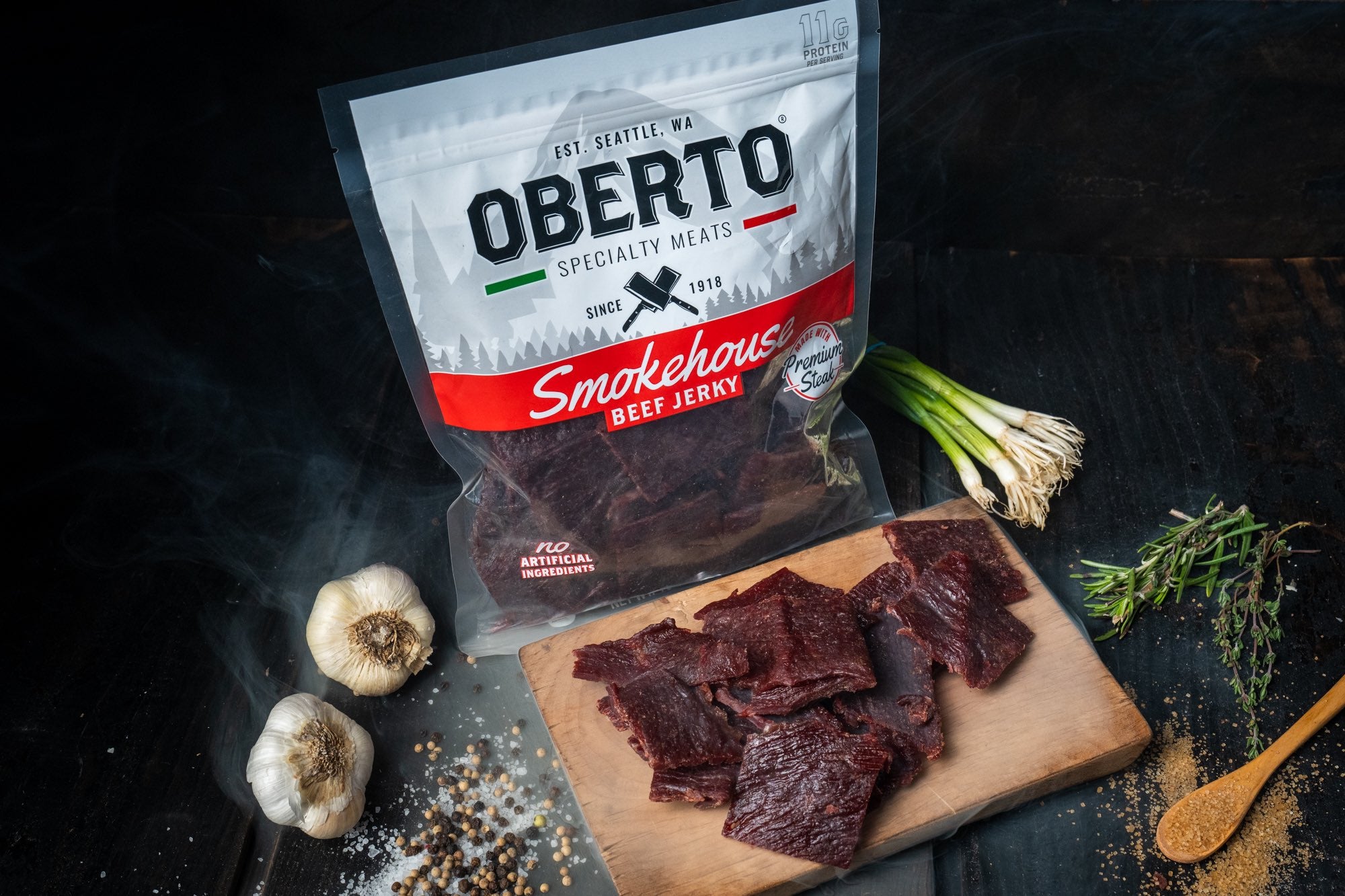
Premium Brands Holdings is positioned to strike back into M&A with some “large” food deals lined up as the operating environment improves.
The Canadian company, which operates in categories including like charcuterie and seafood, has largely built its portfolio through acquisitions, targeting reaching C$10bn ($7.4bn) in sales under a five-year plan.

Discover B2B Marketing That Performs
Combine business intelligence and editorial excellence to reach engaged professionals across 36 leading media platforms.
Discussing second-quarter results with analysts yesterday (14 August), president and CEO George Paleologou said the business was forced to “slow down” M&A given the economic climate.
However, that is now changing after going through what he described as “a very difficult period over the last three years”, characterised by “black swan events like extreme inflation and supply chain issues and labour shortages”.
Paleologou said Premium Brands is “starting to feel more comfortable with regards to these issues moderating or even going away” and has entered talks with some acquisition targets.
“We’re in a lot of discussions with very good businesses. We’re kind of giving a signal that our M&A team is working really hard on advancing these discussions to the next stage,” he explained. “We feel very good about the pipeline. There’s a lot of good companies that we’re in discussions with. Some of them are fairly large.”

US Tariffs are shifting - will you react or anticipate?
Don’t let policy changes catch you off guard. Stay proactive with real-time data and expert analysis.
By GlobalDataAnnouncing annual results back in May, along with a five-year plan to boost adjusted EBITDA to C$1bn by the end of 2027, Paleologou reiterated “acquisitions remain a key part of our growth strategy”.
But Premium Brands has been largely silent since the 2022 US transaction for Ohio-based cooked protein company King’s Command Foods and taking the remaining 50% share in Golden Valley Farms, a deli-meats maker in Ontario.
“Our acquisitions pipeline remains full, and we are close to moving several early-stage conversations involving larger businesses into active and advanced-stage discussions,” Paleologou said in yesterday’s results commentary. “Correspondingly, we expect to complete several transactions in the coming quarters.”
Premium Brands’ revenue for the second quarter to 1 July rose 7.3% to C$1.6bn and was up 10.5% for the year so far at C$3.1bn.
Adjusted EBITDA climbed 16.5% to C$152.4m over the three months and 16% for the year to date to C$263.1m.
Declines were seen elsewhere. Second-quarter net earnings dropped 46% to C$33.9m and for the year slid to C$39.8m from C$85.7m.
Adjusted earnings per share also fell – down 8% for the quarter at C$1.27 and 15% for the year so far to C$1.91.
Premium Brands did see some consumer pressures in the second quarter, particularly in “premium” fresh seafood, as people switched to discount stores in the current cost-of-living environment.
“The discount grocery banners generally don’t have the premium fresh seafood programmes that we provide,” CFO Will Kalutycz said. “We’re sort of an indirect casualty of that shift”, which he expects to continue for “the next couple of quarters”.
Commodity prices are showing signs of stabilising, largely meat costs in the case of Premium Brands, Paleologou said. While pork belly prices “have gone up a lot, that doesn’t necessarily mean that other costs of pork have gone up as well”, he added.
On the other side of the equation, chicken prices are “down dramatically”.
Generally speaking, Paleologou said: “From our perspective, commodities to a large extent, have been returning back to normal five-year averages. And the dynamics of commodities by their very nature are not driven by local supply and demand dynamics, but global supply-demand dynamics.”





